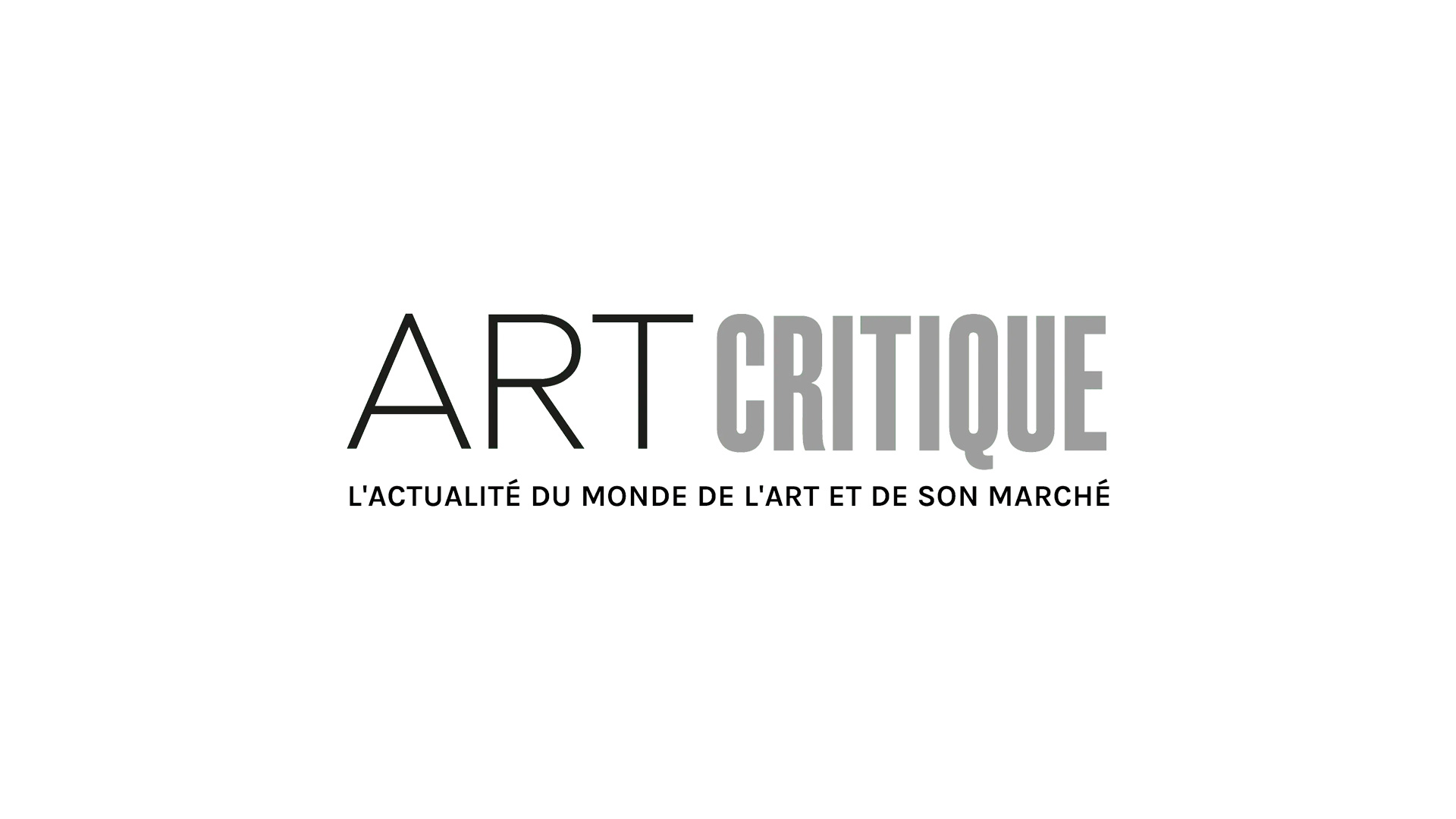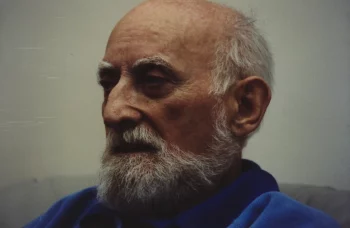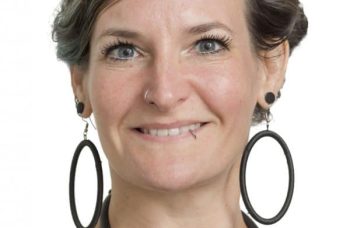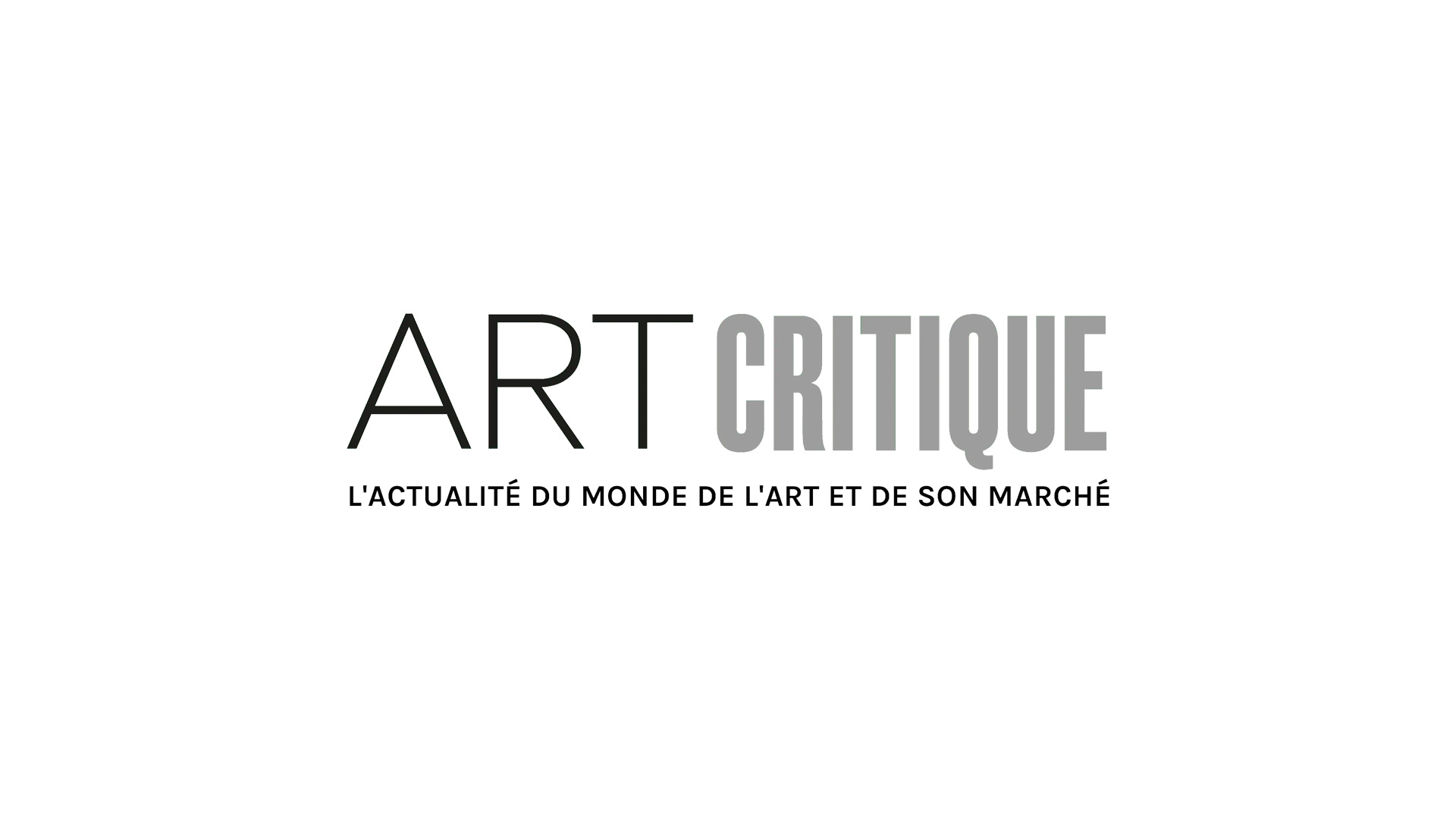To better understand the lack of diversity within the arts in the UK, the Freelands Foundation and Runnymede Trust are looking at arts education. Together, they have announced the commission of major report to shed light on why Black, Asian, and ethnically diverse peoples are underrepresented in art education, resulting in underrepresentation across the arts sector.
Despite the success of major artists like Steve McQueen and Sonia Boyce, less than three percent of those working in the arts sector are ethnically diverse. Through the two-year project, researchers hope to better understand why Black, Asian, and ethnically diverse students become excluded from art education.
“Our school students are a blank canvas. It is imperative they are able to see and appreciate diversity in art,” said Dr Halim Begum, Director of Runnymede Trust, in the announcement. “Ultimately we believe that the impact of this research will resonate beyond a single generation and provide the foundation for developments in the teaching of art in our nation’s schools, and in turn help to inspire new generations of children who value, appreciate, and indeed fall in love with art in all its forms.”
A race equality think tank, Runnymede Trust expects to announce the findings of the report in 2022. Research will take on a holistic approach reviewing everything from early engagement with the arts in school to the configuration of the professional arts sector.
Within the scope of the report, particular focus will be put on Key Stages 3 & 4, when students are between 11 and 16 years of age. This is a critical transition period in education as it is when students in the UK move from curriculums with compulsory art education to those that include elective art education only.
Ultimately, the report will not only shed light on why Black, Asian, and ethnically diverse students are not engaging with the arts as much their white counterparts but also offer guidelines, recommendations, and plans for moving forward. It is expected that the report’s findings will help build a more solid foundation for educators while ensuring that students have ample opportunity to engage with the arts.
“We know that Black, Asian and ethnically diverse students face significant obstacles to studying art at every stage of their educational journey, not least because of a striking lack of representation in the curriculum and in art educators. This has the ripple effect on the lack of representation throughout the arts sector: from entry level, technical, curatorial, to leadership, at which point only 2% of managers in visual arts organisations identify as ‘BME,’” said Founder and Chair of Freelands Foundation. “Whilst we have seen many successful Black, Asian and ethnically diverse British artists; this does not mean that we are not compelled to remove the barriers they faced for the next generation of students.”





